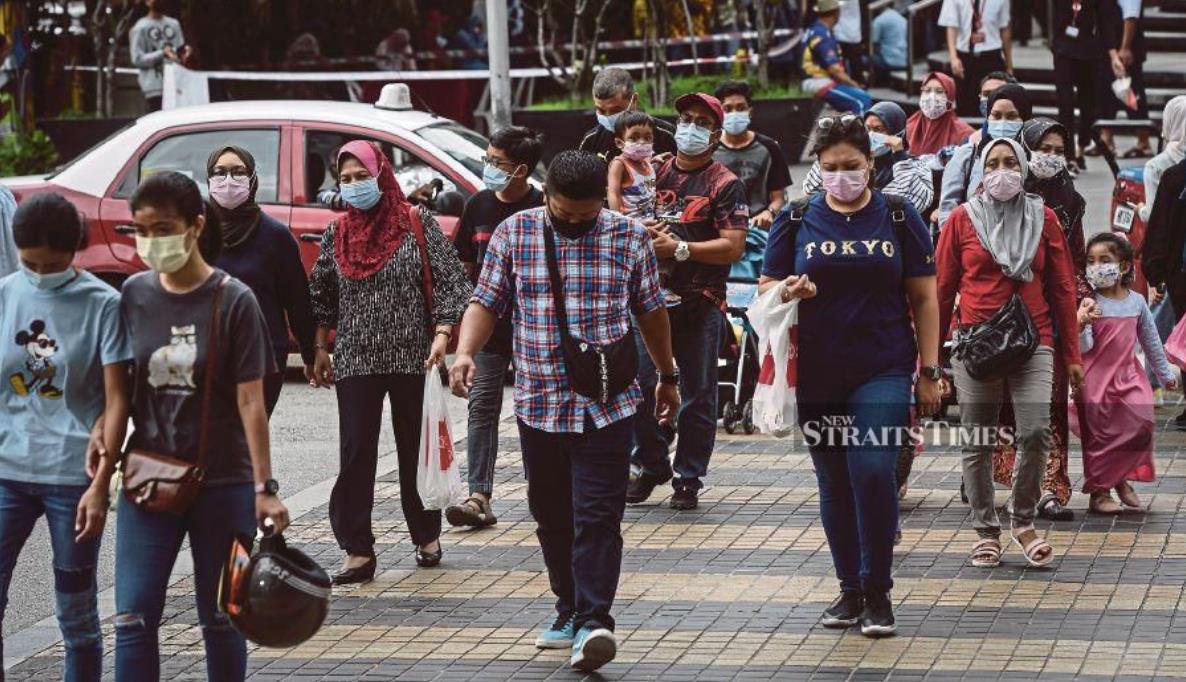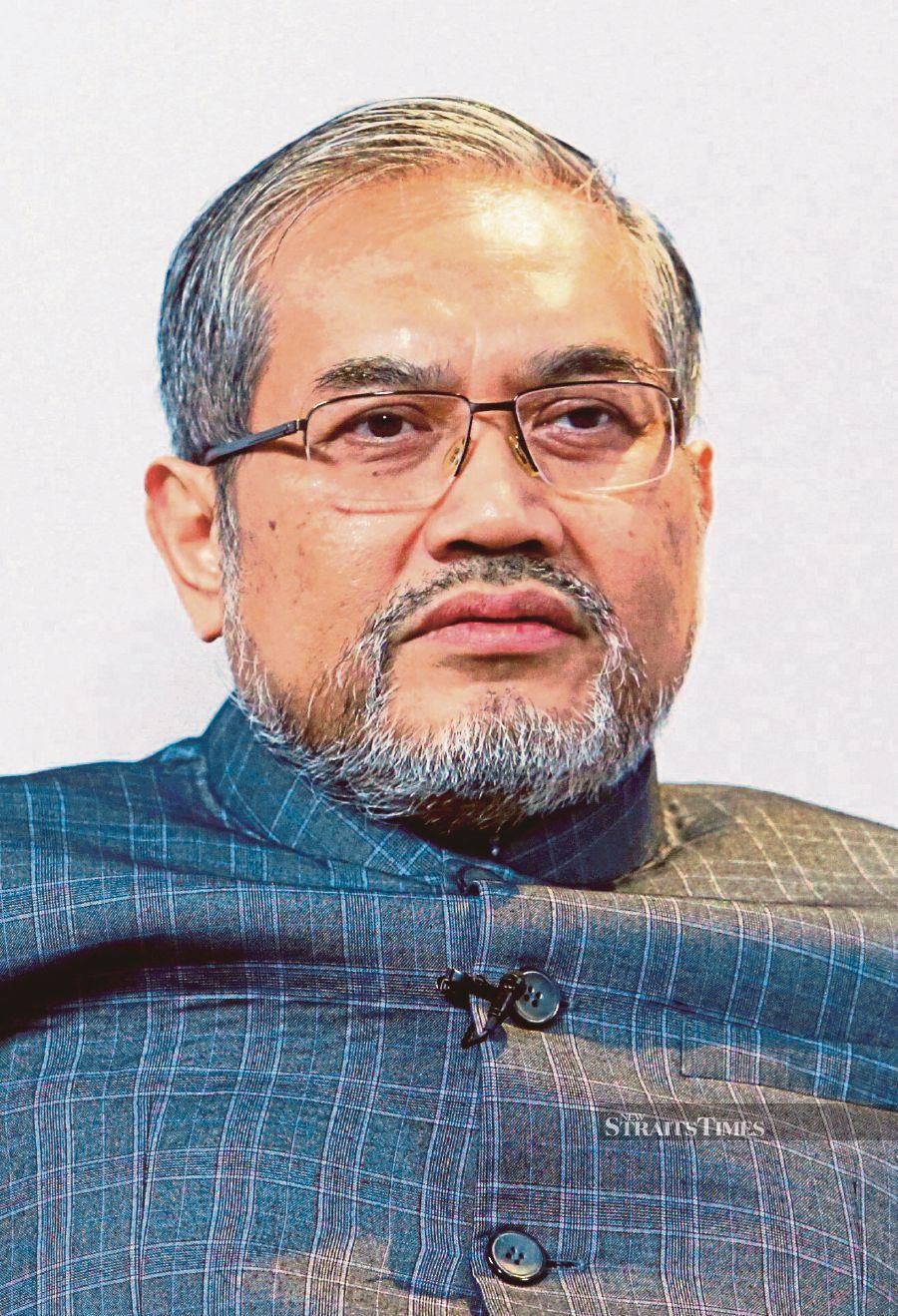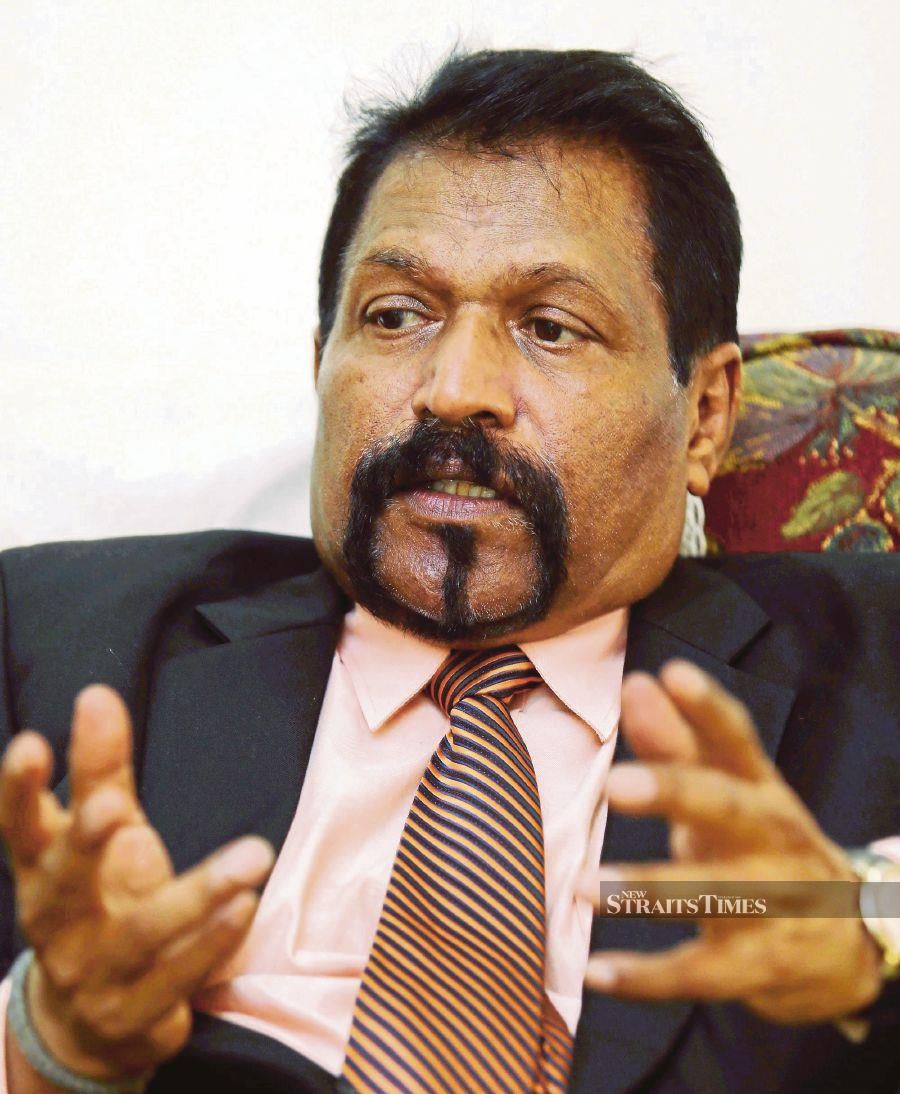'Govt eased restrictions too early'

By HANA NAZ HARUN and THARANYA ARUMUGAM - April 18, 2021 @ 9:00am
THE government acted prematurely in relaxing Covid-19 restrictions, and this contributed to a surge in infections.
Medical experts said this was the biggest shortcoming in Malaysia's handling of the pandemic in recent months.
They had called for stringent monitoring of the standard operating procedures (SOP) and urged the authorities to consider reimposing the Movement Control Order (MCO).
Epidemiologist Professor Datuk Dr Awang Bulgiba Awang Mahmud said had the government gradually eased restrictions, while keeping its finger on the pulse of the pandemic by monitoring indicators, the spike could have been avoided.
YOU MAY ALSO LIKE
Government to seal vaccine purchase with Astrazeneca on Monday
465 attempted suicide cases referred to Health Ministry between Jan and July
RM164 million allocated to Health Ministry for Sabah
Health Ministry received over 43,000 calls for help since MCO started
"Instead, restrictions were eased very quickly, and there was no corresponding action to improve surveillance," he told the New Sunday Times.
The Science, Technology and Innovation Ministry's Independent Covid-19 Vaccination Advisory Committee head said this when commenting on the rise in cases, which he said was something he had foreseen due to several factors.
He said the double standards in enforcing the SOP could be one of the reasons for the public's lax attitude towards preventive measures, thus contributing to the rise in infections.
He also said crisis communication had been poor, with confusing and contradictory messages, suggesting that they were not thought through properly.
"The SOP double standards had probably led to people disregarding the rules. People felt that the public were being unfairly targeted, while politicians and celebrities were let off the hook when they violated the SOP."

Professor Datuk Dr Awang Bulgiba Awang Mahmud
He said this was compounded by a lack of understanding on why people disregarded the SOP.
"We need a better understanding of behaviour and better communication. There does not seem to be much engagement with behavioural and communication experts in this aspect, and my calls for this have been ignored."
He said on Jan 13, the Health Ministry issued a directive that required contact tracing to be conducted on only 10 per cent of the contacts if there were more than 50 people exposed to a Covid-19 case.
This, he said, meant that community transmissions continued to increase silently.
"There was a reduction in the number of cases before this, and that was due to workplace-related infections being slowly reduced. However, that reduction was a lull before the storm."
He said it was possible that newer Covid-19 variants were present in the community, but the authorities were unaware of them because Malay-sia conducted very little genome sequencing.
"These newer variants have the potential to displace local variants as they have a higher infectivity rate (Rt). Malaysia has only done 273 whole-genome sequences out of 360,000 cases, which is 0.076 per cent.
"The United Kingdom, meanwhile, is sequencing 7.5 per cent of its cases, which means that any new variant is picked up rapidly."
He said the government needed to use better indicators to make decisions, instead of relying on just Rt or zone categories.
He said big data analytics and syndromic surveillance indictors, which lead to targeted contact tracing before big clusters happened, were ignored.
"Data on the third wave has not been made available to experts outside the government to analyse, and there appears to be no sophisticated analysis on the part of the health authorities either."
He said Malaysia could opt for faster targeted interventions.
Former Malaysian Medical Association president Datuk Dr N.K.S. Tharmaseelan said a shorter MCO was needed to break the upward trend in cases before it became a "tsunami-like wave".
"Many are not practising psychical distancing, wearing face masks and using sanitisers.
"Not one regulatory agency is monitoring malls, bazaars and social events, and no one even cares. This is no time for politics or playing to the gallery.
"The pandemic curve took a dive during the last MCO and infections were contained. However, the easing of restrictions led to an upward trend."
He said everyone needed to play a part in flattening the curve, and sacrifices needed to be made for infections to be reduced.

Datuk Dr N.K.S. Tharmaseelan
Health Minister Datuk Seri Dr Adham Baba said the public's lax attitude in observing the SOP had contributed to the spike in cases in the past two weeks.
"For instance, we allow social gatherings and events, but organisers do not follow the SOP. The best way to tackle the spike in cases is for all Malaysians to strictly observe the SOP and more stringent monitoring by empowering local governments to issue compounds," he said yesterday.
However, he said, the government would not increase the compound for SOP violations or implement a blanket MCO.
He said the government needed to ensure that the economy and people's health were protected.
Dr Adham disagreed with an opinion that the country was seeing a fourth wave.
He said Malaysia was instead experiencing a spike in its third wave, which was triggered by social activities held at the end of last month and early this month.
The New Sunday Times quoted a health expert who said all indicators suggested a fourth wave was present due to the number of cases rising to more than 2,000 for three days in a row up to yesterday.
